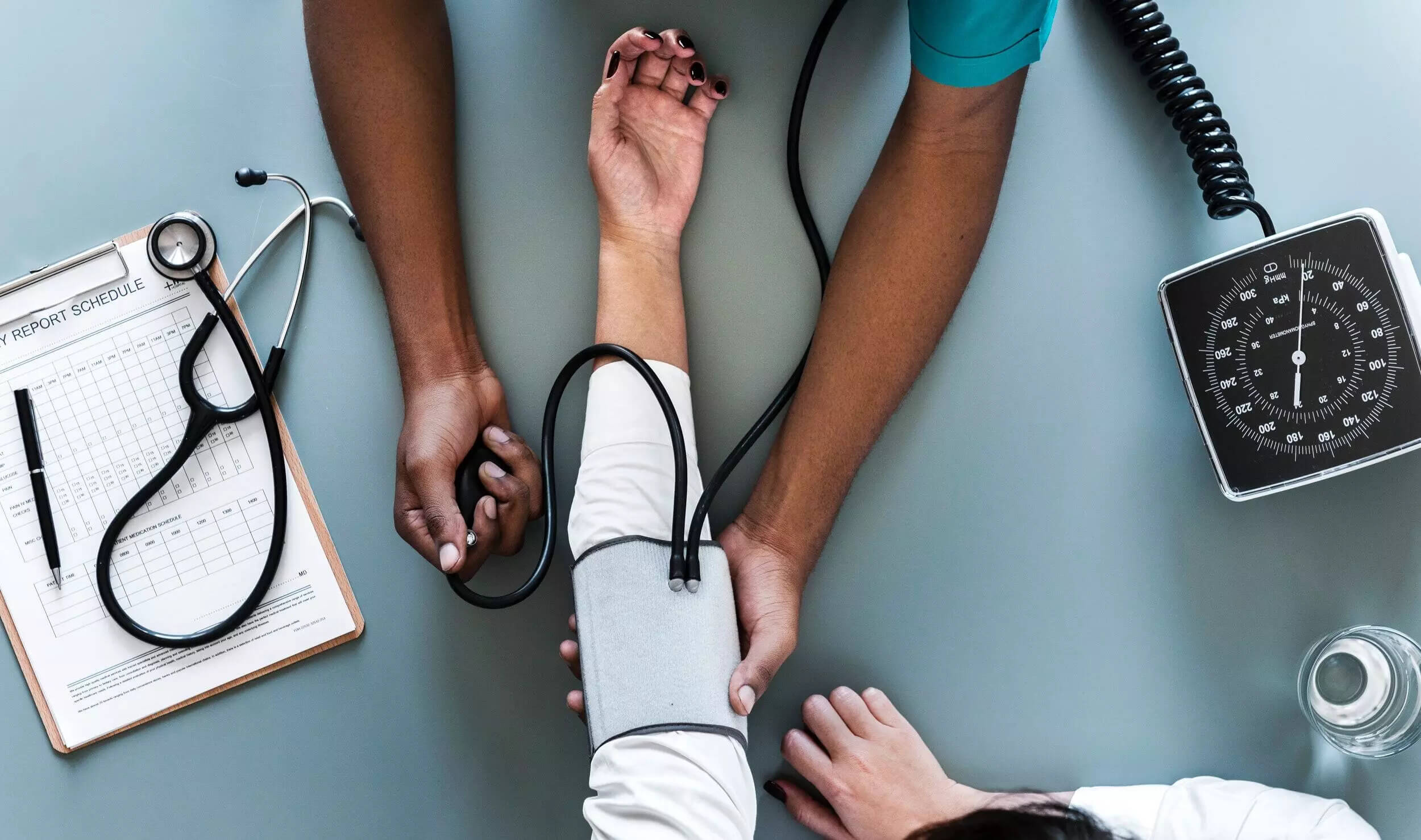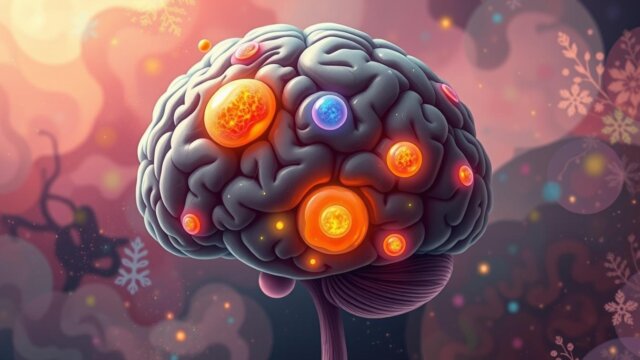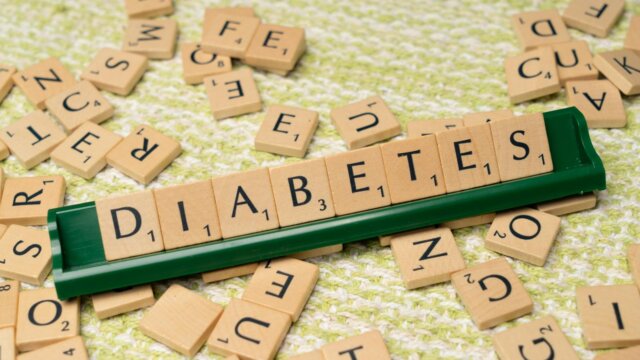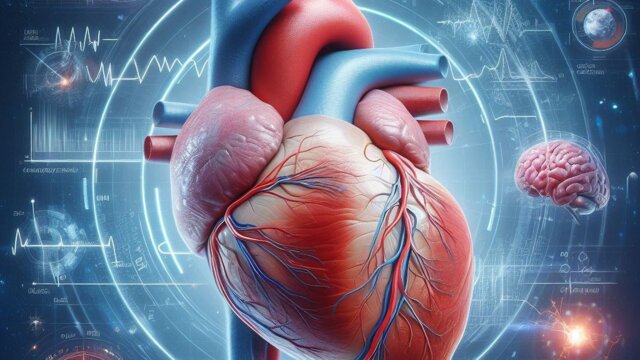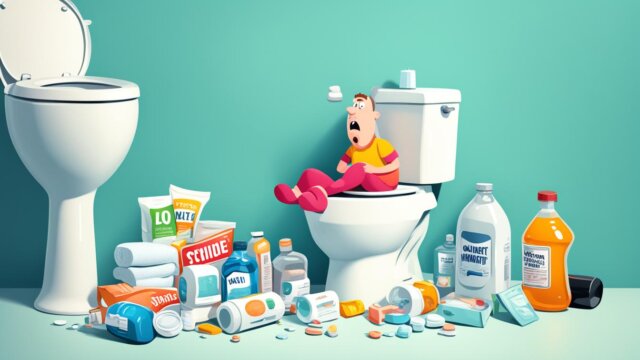FTC disclaimer: This post may contains affiliate links and we will be compensated if you click on a link and make a purchase.
Hypertension will progress slowly in stages. These are referred to as stages of hypertension. Many effects and complications will be avoided when high blood pressure is treated early.
Moreover, according to studies, the progress of the stages of Hypertension does not usually show any symptoms in the initial stages, and many people will not know they have hypertension.
Regular monitoring and measuring of your blood pressure will help to diagnose hypertension.
Normal blood pressure is 120/80. This value is not constant and will fluctuate throughout the day.
Hypertension is defined as blood pressure consistently higher than 140/90. This is the pre-hypertension stage when blood pressure is consistently higher than 120/90 but below 140/90.
Blood pressure above 140/90 is classified into different stages of hypertension as shown below;
Stages of Hypertension
The stages of hypertension may be different in certain countries. According to American College of Cardiology (ACC)/American Heart Association (AHA) guidelines, stages of hypertension are divided into three stages.
- Elevated (HBP between 120/80 and 129/80)
- Stage 1 Hypertension (HBP between 130/80 and 139/89)
- Stage 2 Hypertension (HBP between 140/90 and 180/120)
- Stage 3 Hypertension or Hypertensive crisis (HBP greater than 180/110)
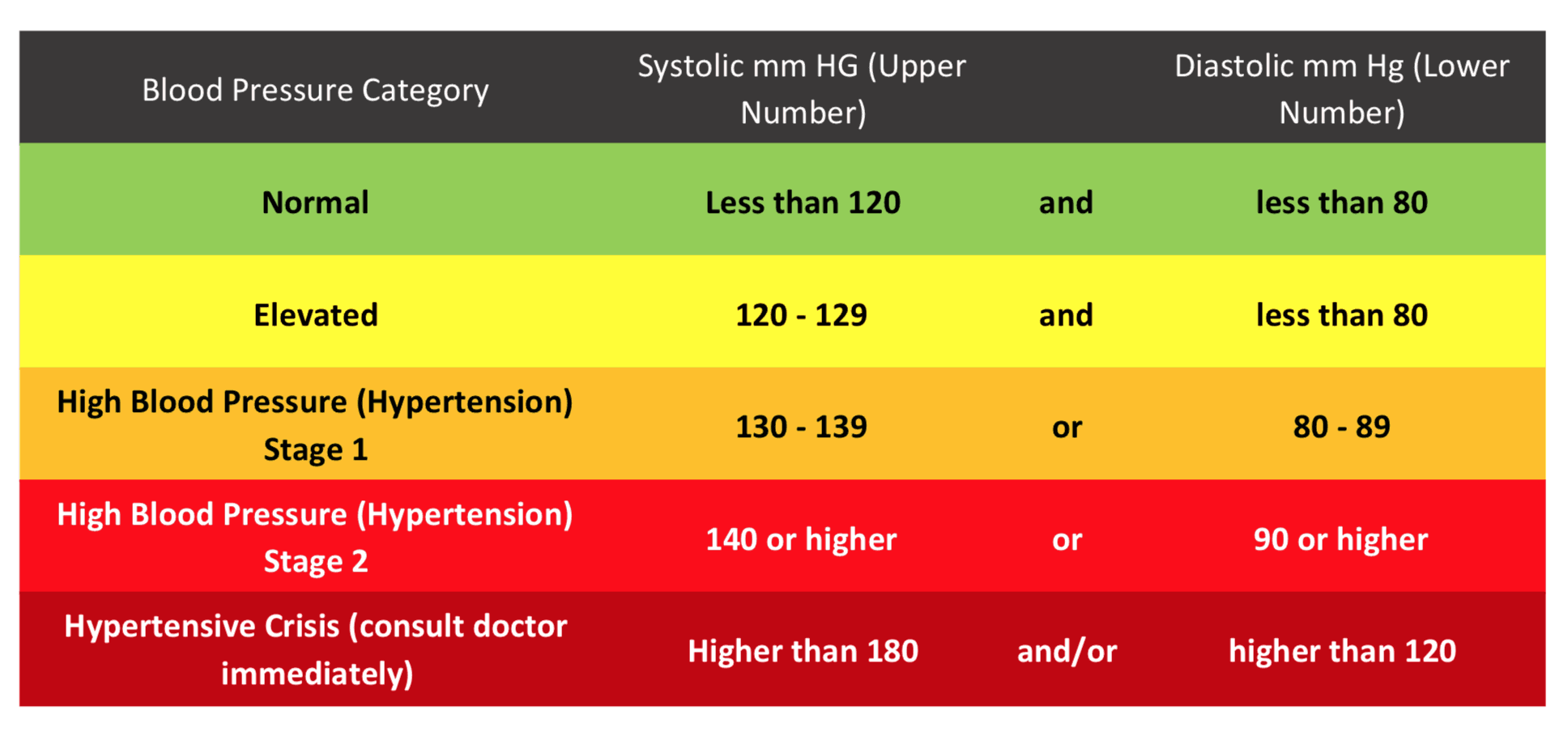
According to the European Society of Cardiology (ESC)/European Society of Hypertension (ESH) guidelines, the stages of hypertension are divided into four stages.
- Pre-hypertension (HBP between 120/80 and 138/89)
- Stage 1 Hypertension (HBP between 140/90 and 159/99)
- Stage 2 Hypertension (HBP between 160/100 and 180/110)
- Stage 3 Hypertension or Hypertensive crisis (HBP greater than 180/110)
- Stage 4 Hypertension (HBP greater than 210/120)
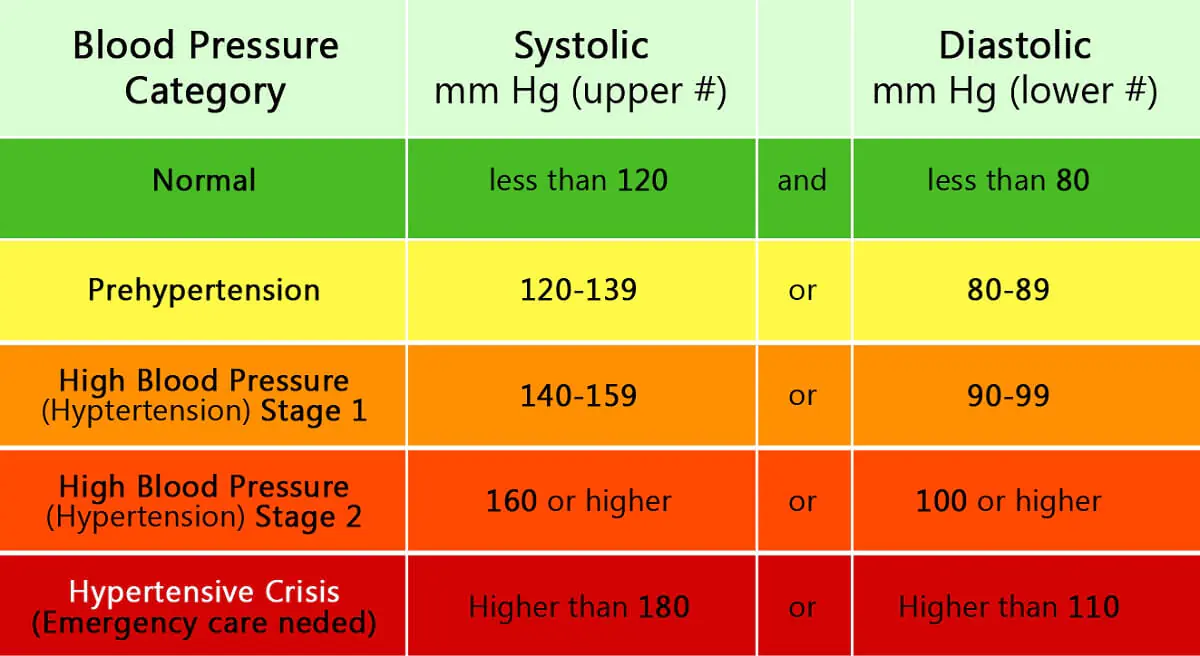
Pre-hypertension or Elevated
According to the European Society of Hypertension (ESH), Pre-hypertension is the initial stage of hypertension when blood pressure is higher than normal but below 140/90.
According to the American Heart Association (AHA), Elevated is the initial stage of hypertension when the systolic blood pressure is between 120 to 129 mm Hg and diastolic blood pressure is below 80 mm Hg.
No medications are used in this stage, and living a healthy lifestyle will help reduce blood pressure. The following measures will help to lower blood pressure effectively;
- Exercising
- Eating a healthy diet
- Losing weight
- Having other diseases like diabetes kidney failure treated
- Other healthy lifestyle choices
Following these measures will help reduce the progression to the other stages of hypertension.
Hypertension Stage 1
Stage 1 Hypertension is the next stage of hypertension. According to ESH, Blood pressure in stage 1 Hypertension is consistently above 140/90 but below 160/100.
According to AHA, blood pressure in stage 1 Hypertension is above 130/80 but below 140/90.
Doctors will usually prescribe medications to lower the blood pressure at this stage. If there is a secondary cause, treating it will help reduce the blood pressure.
Healthy lifestyle changes will lower blood pressure effectively—these work hand in hand with your medication, not one without the other. Stopping bad habits like smoking and drinking alcohol will help lower blood pressure faster.
Not many people will feel any symptoms at this stage. Some may have mild symptoms like headaches and general body weakness.
Studies stated that Stage 1 Hypertension might be a stronger risk factor for Acute Coronary Syndrome (ACS) in women than men.
Hypertension Stage 2
According to ESH, Stage 2 Hypertension is a stage of hypertension when blood pressure is higher than 160/100 but lower than 180/110.
According to AHA, stage 2 Hypertension is greater than equal to 140/90 and less than 180/120.
This is a more severe stage where organs and arteries start getting damaged. Stage 2 Hypertension will cause many effects and complications.
As per research studies, Stage 2 Hypertension is associated with Aortic Valve Calcification (AVC) where a deposit of calcium takes place on the heart’s Aortic Valve.
When blood pressure is not effectively lowered at this point, many people will start having some symptoms like confusion, chest pains, headache, and other symptoms.
Doctors may add another medication to help control hypertension. Healthy lifestyle changes mentioned before will help lower blood pressure and minimize the effects.
Hypertension Stage 3
Hypertension Stage 3 is a severe stage of hypertension that requires aggression on both the doctor and the patient.
According to ESH, Stage 3 Hypertension is greater than 180/110. As per the American Heart Association(AHA), Stage 3 Hypertension is greater than 180/120.
A condition known as accelerated hypertension is often seen in stage 3. Doctors may increase the dosage, change the medication or add another drug to help lower the blood pressure.
On the other hand, patients will have to take these medications and make healthy lifestyle measures.
Losing weight, eating right, and exercising will go a long way in lowering your blood pressure.
In this stage, many effects of hypertension occur like;
- Heart attack or coronary heart disease
- Heart failure
- Kidney failure
- Stroke
- Erectile dysfunction
- Neuropathy
- Nephropathy
- Retinopathy
Hypertension Stage 4
Hypertension Stage 4 is a severe stage of hypertension where anything can happen. According to ESH guidelines, stage 4 Hypertension is when blood pressure is higher than 210/120.
Malignant hypertension often occurs in stage 4 Hypertension. Many patients will have to be admitted into the hospital to lower their blood pressure.
If stage 4 Hypertension is left untreated, many complications mentioned above will occur.
How to stop Hypertension progression?
If you have hypertension, you may be wondering how to stop the progression of the stages of hypertension effectively.
According to research studies, it has been realized that following the steps below will help you lower blood pressure effectively;
- Exercise effectively
- Lose weight if overweight
- Eat healthy food
- Stop bad habits
- Take your medication
- Measure your blood pressure at home
- Take natural remedies in consultation with your doctor.
